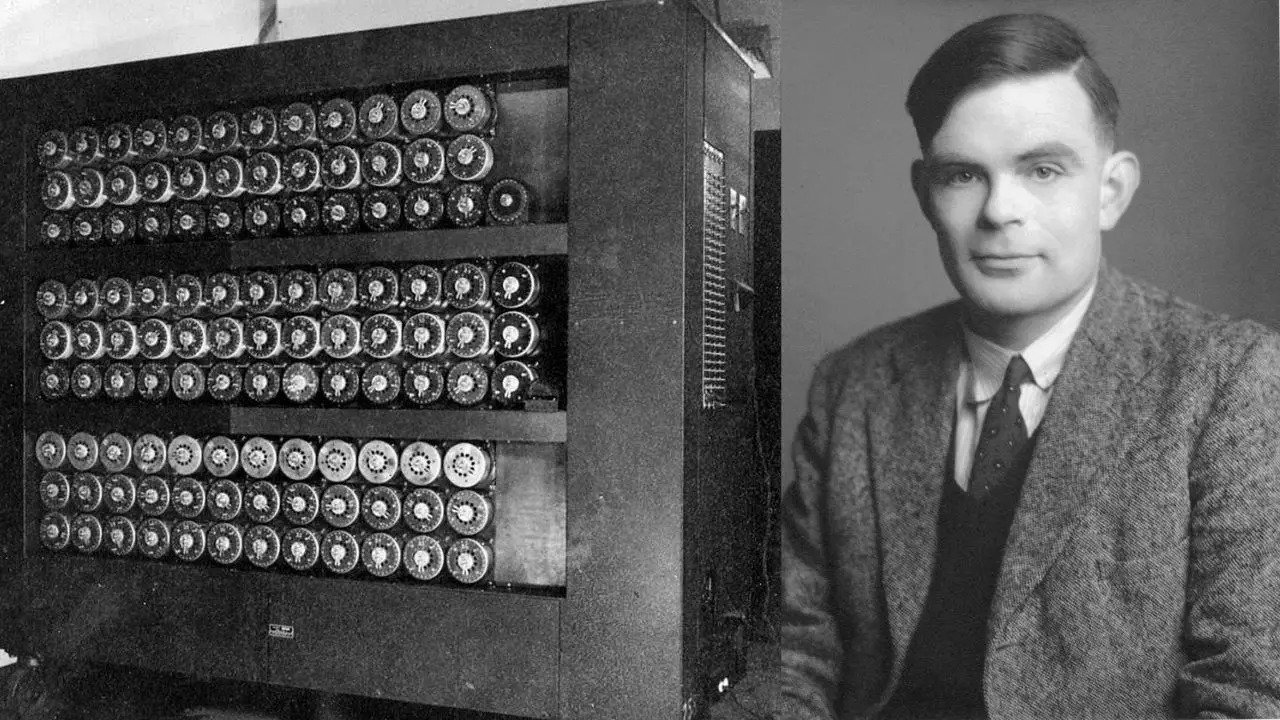If you like reading about philosophy, here’s a free, weekly newsletter with articles just like this one: Send it to me!
Confusing pleasure and happiness
The argument comes from Richard Taylor’s book “Virtue Ethics” (2002) which could be directly from Aristotle. Like every Aristotelian, Taylor wants to link happiness with moral goodness, because that’s the whole point of the Aristotelian argument: that there is no happiness in being a bad person, a mean person or a criminal, and that egoism never pays off for the egoist. This is very much opposed to what many societies seem to be advertising today. Financial success and excessive consumption of goods (the world be damned) are often seen as the way to a happy life. Our economies need us to consume things and to throw them away again at a crazy, suicidal rate, in order to keep the system running. And too often, this is justified by the idea that the more pleasure we manage to consume, the happier we will be. But is that so?
Most people seem to think that know what happiness is, writes Taylor, which is unfortunate, for this prevents them from learning. One has no incentive to inquire into what one thinks one already knows.
Taylor goes on to explain why even many philosophers would tend to confuse happiness with pleasure. Pleasure is something easy to understand. It is “familiar, identifiable, and even measurable,” while happiness seems to be a more “problematical or dubious” concept. If, as utilitarianism thinks, happiness is nothing but pleasure, then the morally good action can be easily identified as that action that maximises pleasure. And since pleasures can be measured (three chocolate cookies are certainly better than one), finding out what the morally right action is becomes straightforward. Ethics becomes as measurable as science, and the morally right action could, in principle, be calculated impartially by a computer.

From our everyday modes of speaking, we are familiar with this confusion. Taylor:
For example, being happy and being pleased, seem, at one level, to be about the same. Someone who is happy with something — with his job, for instance — can also be described as pleased with it.
We find it difficult to imagine that someone might be happy when they are in constant pain (rather than experiencing pleasure). We equally cannot imagine how someone whose life is filled with pleasures might be unhappy — or can we?
Pleasure and happiness are different
But Taylor insists that both things, although they often appear together, have little in common – except that they are regularly …
Read the full article which is published on Daily Philosophy (external link)





